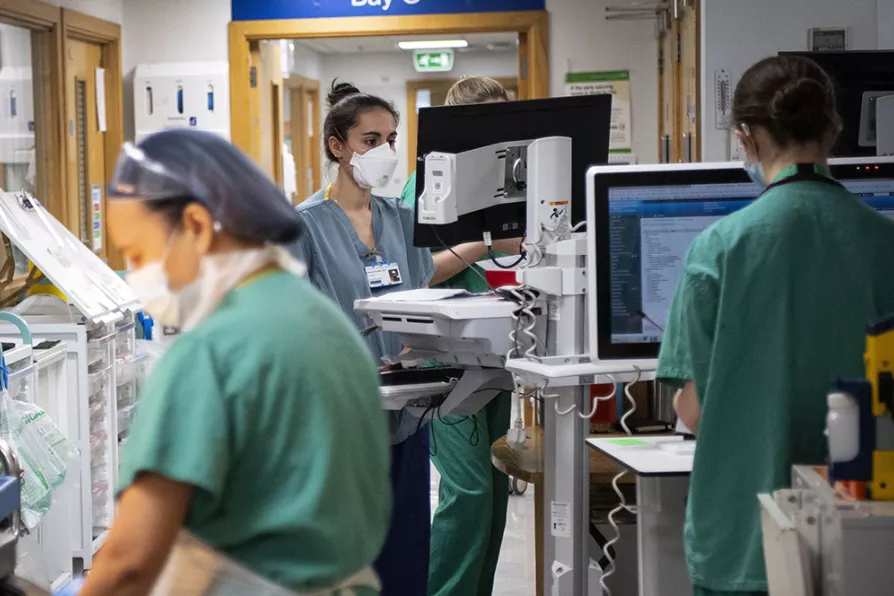The Carpathia isn’t coming to rescue this government still swimming in the mire, writes LINDA PENTZ GUNTER
The historic mistreatment of NHS nurses is unforgivable – it must be stopped for once and for all
HELEN O'CONNOR charts the slow creep of damaging change in the NHS since the ’90s, with a burgeoning number of ‘managers’ with no healthcare experience, increased fragmentation and privatisation, and the abolition of the nursing bursary


WHEN we embarked on our student nurse training in the Whittington hospital, the June 90 set enjoyed conditions that are a distant dream for today’s student nurses.
The majority of us were just out of secondary school, so we leaped at the chance of gaining independence alongside the prospect of getting a career under our belts at a young age.
The attractive training package which included subsidised accommodation, subsidised meals and a modest salary for personal expenses, meant that the hospital had no problem recruiting student nurses or filling staffing vacancies with nurses who were loyal to the hospital.
Similar stories

Born from my communist social worker mother’s efforts to bridge healthcare gaps, Labour’s push for home-based care now risks becoming another avenue for the US corporate takeover of the NHS, writes RICHARD CLARKE













